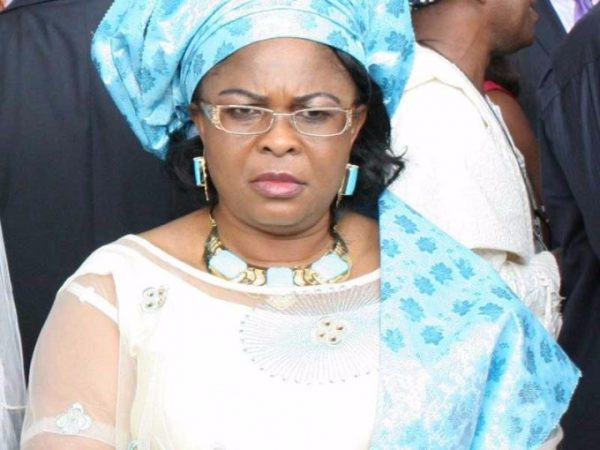CBN Lifts Restrictions On 43 Items, Unveils Measures To Address Distortions

.Dollar sustains upward swing as pressure on supply intensifies
Nigeria’s currency, the Naira, is still under immense pressure as the Central Bank of Nigeria (CBN) continues to explore new mechanisms to address the forex challenge.
The CBN Governor, Oluyemi Cardoso, in a policy document released in Abuja, said the apex bank is currently evaluating how much of the backlog is real versus speculation and hoarding.
The bank is also exploring the availability of creative financing options for clearing the short to medium-term backlog and what mechanisms exist to address forex rate unification under a willing buyer and willing seller arrangement.
The apex bank stated that it will continue to promote orderliness and professional conduct by all participants in the Nigerian Foreign Exchange Market to ensure market forces determine exchange rates on a Willing Buyer – Willing Seller principle.
It cautioned that the prevailing Foreign Exchange rates should be referenced from platforms such as the CBN website, FMDQ, and other recognised or appointed trading systems to promote price discovery, transparency, and credibility in the FX rates.
Director, Corporate Communications of the CBN, Isa AbdulMumin, hinted that as part of its responsibility to ensure price stability, the CBN will boost liquidity in the Nigerian Foreign Exchange Market by interventions from time to time, adding, “As market liquidity improves, these CBN interventions will gradually decrease. Importers of all the 43 items previously restricted by the 2015 Circular referenced TED/FEM/FPC/GEN/01/010 and its addendums are now allowed to purchase foreign exchange in the Nigerian Foreign Exchange Market. The CBN is committed to accelerating efforts to clear the FX backlog with existing participants and will continue dialogue with stakeholders to address the issue.”
The bankers’ bank said it has set as one of its goals, the attainment of a single FX market stressing that consultation is ongoing with market participants to achieve this goal.
An Abuja-based Bureau de Change operator said the dollar is still exchanged for N1045 as of yesterday at 3.30 pm, explaining that the government ought to have prepared for school new sessions knowing that the pressure on foreign currency will be high at this time.
“Look, I will blame the government for these crises. Why float when there are not enough dollars? Why not prepare for this time? Is there enough creative thinking amongst the new economic managers that were recently appointed by President Tinubu? Students who are schooling abroad are in serious crisis while manufacturing outfits cannot access dollars to purchase their feedstocks. This economy can collapse especially now that the country is not producing enough crude oil,” said.
In his reaction, Dr Muda Yusuf of the Centre for Promotion of Private Enterprises (CPPE) welcomed the decision of the CBN to discontinue the forex exclusion policy on the 43 items. It is a move in the right direction. It is part of the policy normalisation process.
“The exclusion of the 43 items was one of the several drivers of distortions in the forex market. The exclusion of the items also contributed to the persistent divergence in rates between the official window and the parallel market. The exclusion was also in conflict with extant trade policy as the items were not under import prohibition in the first place. It was an example of lack of policy coordination under the previous administration.
“The new directive will also improve transparency and disclosures in foreign exchange transactions. Meanwhile, the CBN should avoid market suppression tendencies, especially outside the I and E window. All policy impediments to forex inflows should be removed.
“The fiscal authorities should continually monitor the economic landscape to shape the character of fiscal policy measures to regulate imports in line with comparative advantage principles. We need to worry about the risk of import surge. There is also a need to upscale the use of fiscal policy measures to boost domestic production and productivity”, he added.
The Naira continues to fall in the parallel market as demand continues to regularly exceed supply. Forex traders are selling at N1045/$, suggesting this is due to growing scarcity.
Over the past four months when the devaluation came into effect, the naira has lost more than 40 per cent of its value against the U.S. dollar.
While experts have lauded the move, they are not oblivious to the ongoing destabilising effects.







